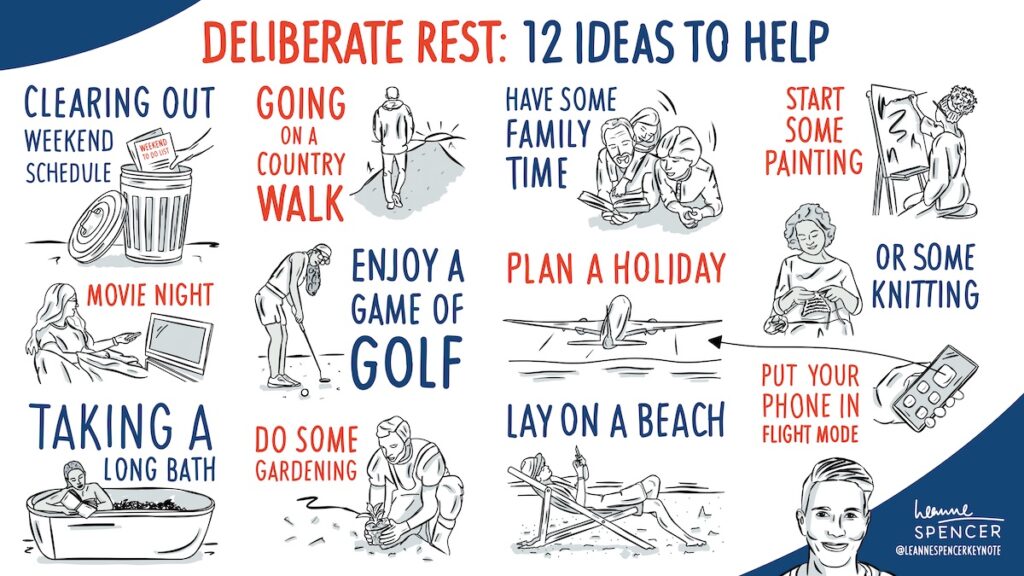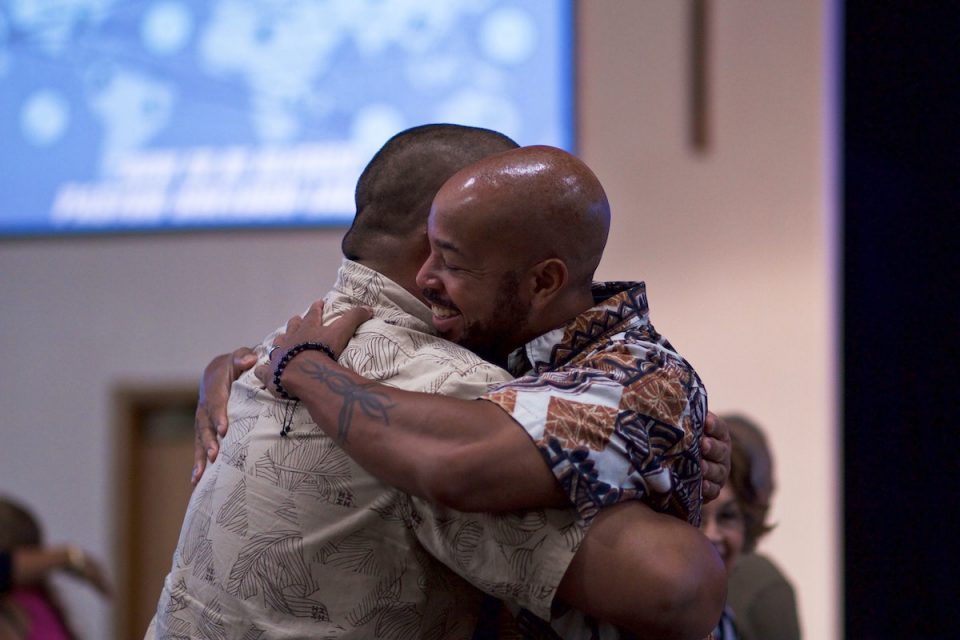I always start my SNAP videos with “hope you’re well,” but today I want to tell a tale from a time when I wasn’t, and what I learned from it. It’s a story about the importance of deliberate rest. And I’m also going to explain exactly what that means and how it can help you get the most out of doing less.
Time to recover
A couple of years ago, I got COVID – the first and only time I’ve had it. And after I’d gotten over the initial shock of getting it, and cancelled everything in my calendar, I settled down for a couple of days of book reading on the sofa, and general chilling out. I can’t tell you how relaxed I felt, or how good it felt to have nothing in the diary. I was able to be completely at ease; to focus only on recovering. And I actually think that is rather sad. Because shouldn’t we have moments like that throughout the month anyway? Take time out to feel fully relaxed without being forced to do so by illness? Get some, should we say, deliberate rest?
Why wait?
Now, I took a real lesson from that. I thought, why wait until you get sick to give yourself permission to sit on the sofa or get some rest? I should just do it regardless, intermittently. Those of you who are familiar with my content will know I talk a lot about slivers of recovery. Which is, for example, simply looking out the window between Zoom calls, or getting in ten minutes of breathwork, meditation, or brisk walking. But deliberate rest is something a little bit different.
What is deliberate rest?
Firstly, I want to credit this term, deliberate rest, to Alex Soojung-Kim Pang, who’s a brilliant author. He wrote the book Shorter: Work Better, Smarter, and Less―Here’s How, and more recently Work Less, Do More: Designing the 4-Day Week. We’ve also recorded podcast episodes with him, including The Importance of Rest and The Art of Deliberate Rest and Why You Get More Done When You Do Less – both worth a listen, if this is something you’re interested in. In my opinion, everyone should be, it’s certainly something we can all benefit from!
Getting more out of doing less
So, slivers of recovery are great for the working day. You can easily pepper them in every hour or two. But these longer periods of deliberate rest are just as important. Things like taking a bath. Clearing out the itinerary for a weekend. Two, three hours on the sofa – phone off – with a book. It could even be a dog walk. But the point is, it’s intentional; it’s scheduled. You know it’s happening, and that it’s going to help you recover. And that will mean different things for all of us.
What does deliberate rest look like for you?
I’d really love for you to have a think about what deliberate rest looks like for you. What can you put in (or take out of!) the diary to look forward to? Don’t wait until you get ill, as so many of us do, to get that rest. Instead, do it in a scheduled, intentional fashion. This, paired with slivers of recovery, will help to make us happier, healthier and more resilient.
12 Deliberate Rest Ideas

12 Stages of Burnout Guide
Check out our new-look interactive resource, 12 Stages of Burnout, and learn how to spot when stress becomes more serious, as well as what to do about it. Find out more about each of the 12 Stages of Burnout as identified by psychologists, including what to look out for in yourself, your teams and those around you, as well as how to recover.

